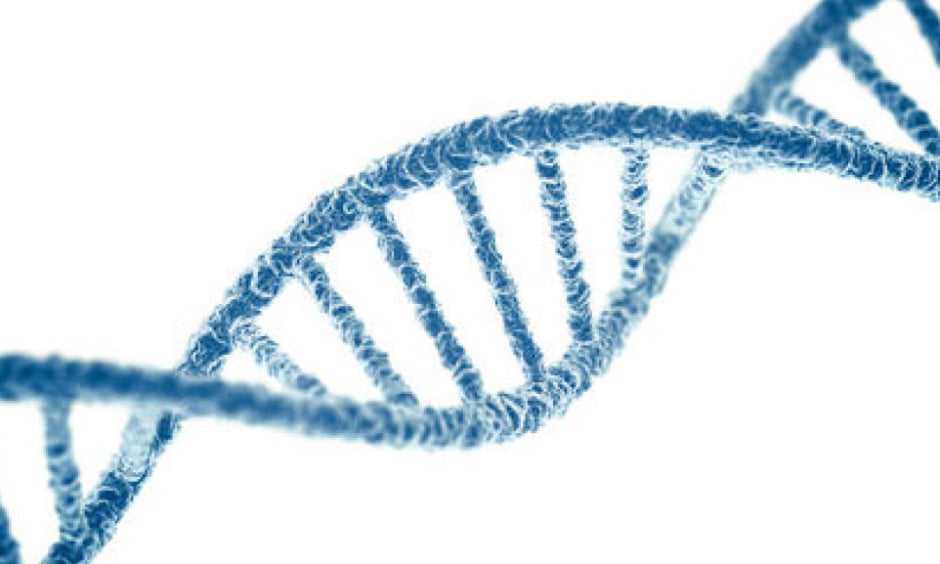WIDELY understood as a suppressor of cancer development, earning it the nickname ‘the guardian of the genome’, the protein p53 may, in fact, also promote some cancers. New research suggests that the cancer-protective effect of this broadly-studied protein may be only part of the story.
It has long been known that p53 responds to cellular stress by halting the cell cycle or inducing apoptosis; in this way, the protein regulates cell proliferation and can limit the development of cancer. With its central role in cancer prevention, it is perhaps unsurprising that studies have shown p53 to be frequently mutated and its unique pathway to be inactivated in some human cancers. However, a 4-year study from the University of California, San Diego, California, USA focussing on hepatocarcinoma in cell, murine, and human models, has shown that wild-type p53 can promote tumour growth by benefiting cancer metabolism.
Typically, mitochondria use the process of oxidative phosphorylation to make ATP molecules, which are paramount to intracellular energy transfer; however, in cancer cells, mitochondria use a more cumbersome process called glycolysis to generate energy. This change of mechanism from oxidative phosphorylation involves p53 and p53 upregulated modulator of apoptosis (PUMA), which induce apoptosis in damaged cells. The researchers’ new study now shows that, under certain conditions, PUMA can trigger the switch to glycolysis, thus encouraging cancer development.
In this way, p53 can first reduce the generation of “genome toxins” but, once tumour growth does begin, p53 can support it. “It is actually the same function but playing exactly the opposite role in two different contexts,” explained Prof Yang Xu, University of California, San Diego.
The authors describe their findings as “instrumental for cancer drug discovery” and hope that it will inspire caution in anti-cancer drug developers: drugs that operate by impacting the function of wild-type p53 could have the opposite effect in some cancers.







